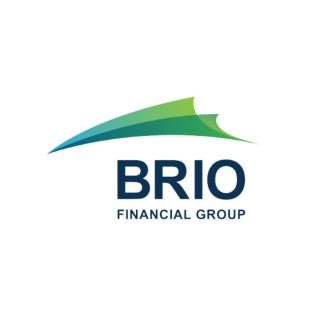
Qualified Charitable Distributions
by Brandon Miller on Mar 20, 2019
As the owner of a traditional IRA, you are likely aware that you are obligated to make required minimum distributions (RMDs) once you reach age 70½. However, you may not have been aware that the RMD can be taken in the form of a qualified charitable distribution, where a qualified charity receives all or part of your RMD, satisfying your obligation and offering a potential tax advantage. (Withdrawals from traditional IRAs are taxed as ordinary income, and if taken before age 59½, may be subject to a 10% federal income tax penalty.)1
Keep in mind, this article is for informational purposes only and is not a replacement for real-life advice, so make sure to consult your tax or legal professionals before modifying your charitable giving strategy.
There are a few rules, naturally. First, you can only make a qualified charitable contribution after you reach age 70½. So, if your 70th birthday takes place January 17, you’re not going to be able to make the qualified charitable distribution until July 17, six months later.1
There is a cap of $100,000 of qualified charitable distribution per individual; you can donate more, if you want, but the overage may not have any tax benefits.1
To qualify, the charity must be a qualified 501(c)3 organization. You must also make your distribution check payable directly to the charity in question, as opposed to a director or another individual in the organization. Were you to do that (write a check to an affiliated individual who would then use those funds to write another check directly to the organization) that would be a taxable distribution.1
Would you be able to split your qualified charitable contribution in half, giving half or part to the qualified charity and the remainder as a regular RMD? Yes, you can. You would perform them as separate actions, but so long as they add up to the necessary RMD, you should be fine. Consult with a tax or legal professional before making any changes to your strategy.2
How do you report it on your taxes? There is a section on Form 1040 for reporting IRA distributions. Regular RMDs are taxable events, but for qualified charitable contributions, you would enter 0 (zero) for the taxable amount (assuming that the full amount qualified) and enter “QCD” next to the line.2
If you are interested in supporting a charity, a qualified charitable contribution may be a good option for you to consider. Talk with your tax or financial professional about your options.
This material was prepared by MarketingPro, Inc., and does not necessarily represent the views of the presenting party, nor their affiliates. This information has been derived from sources believed to be accurate. Please note - investing involves risk, and past performance is no guarantee of future results. The publisher is not engaged in rendering legal, accounting or other professional services. If assistance is needed, the reader is advised to engage the services of a competent professional. This information should not be construed as investment, tax or legal advice and may not be relied on for the purpose of avoiding any Federal tax penalty. This is neither a solicitation nor recommendation to purchase or sell any investment or insurance product or service, and should not be relied upon as such. All indices are unmanaged and are not illustrative of any particular investment.
The opinions expressed in this article are for general informational purposes only and are not intended to provide specific advice or recommendations for any individual or on any specific security. It is only intended to provide education about the financial industry. To determine which investments may be appropriate for you, consult your financial advisor prior to investing. Any past performance discussed during this program is no guarantee of future results. Any indices referenced for comparison are unmanaged and cannot be invested into directly. As always please remember investing involves risk and possible loss of principal capital; please seek advice from a licensed professional.
Brio Financial Group is a registered investment adviser. Advisory services are only offered to clients or prospective clients where Brio Financial Group and its representatives are properly licensed or exempt from licensure. No advice may be rendered by Brio Financial Group unless a client service agreement is in place.
1 - investopedia.com/articles/financial-advisors/032116/how-use-qcd-rule-reduce-your-taxes.asp/ [12/10/18]
2 - irs.gov/retirement-plans/retirement-plans-faqs-regarding-iras-distributions-withdrawals [5/30/18]
